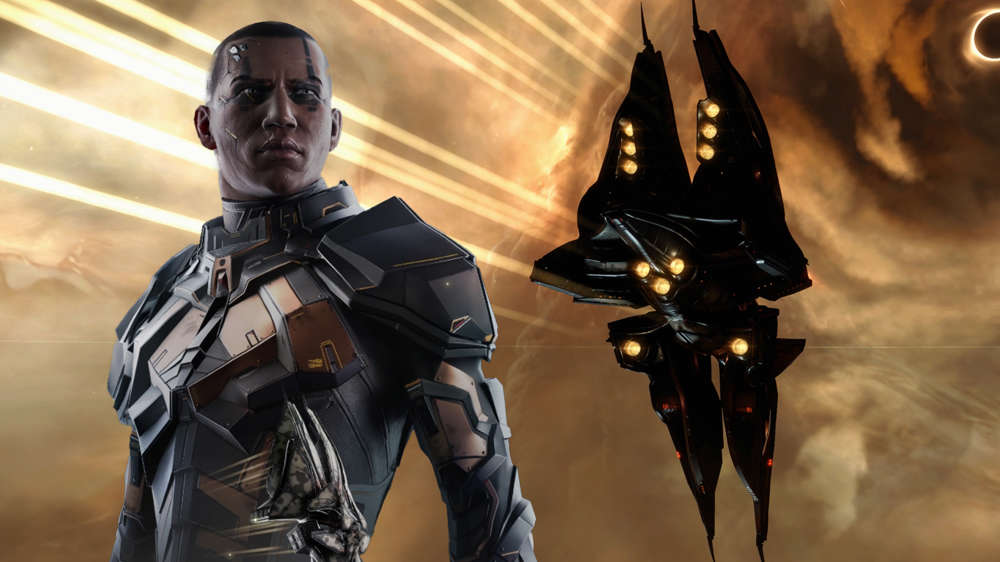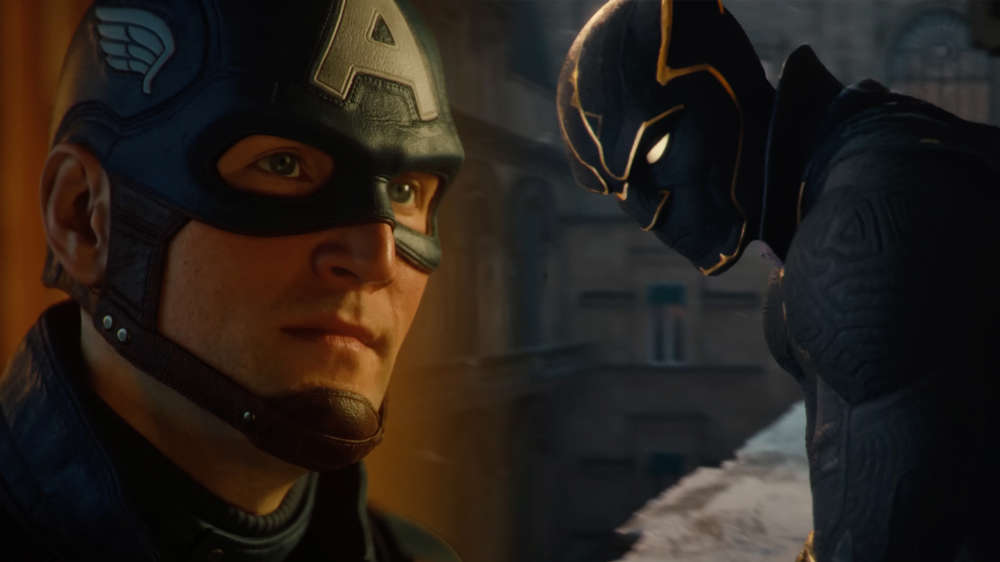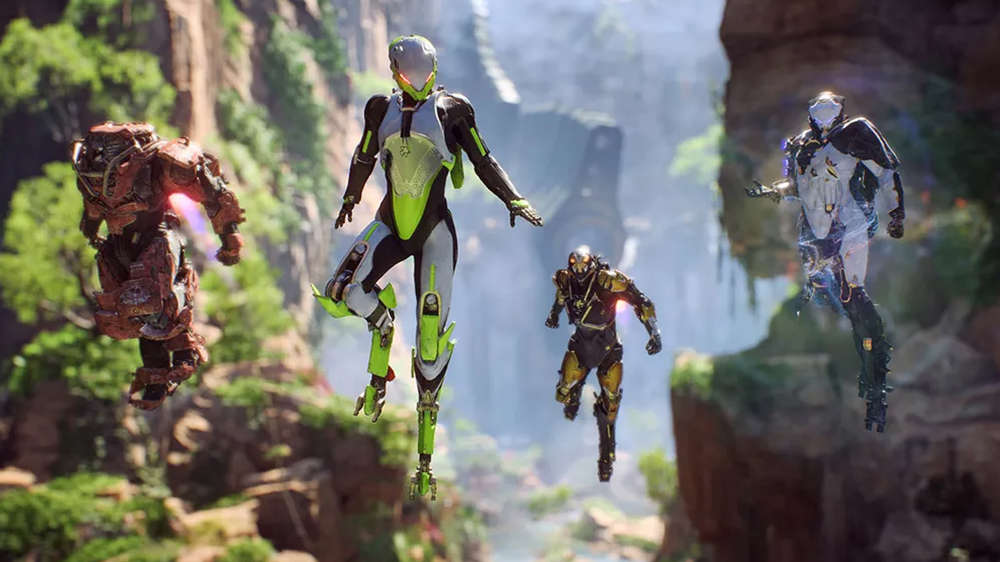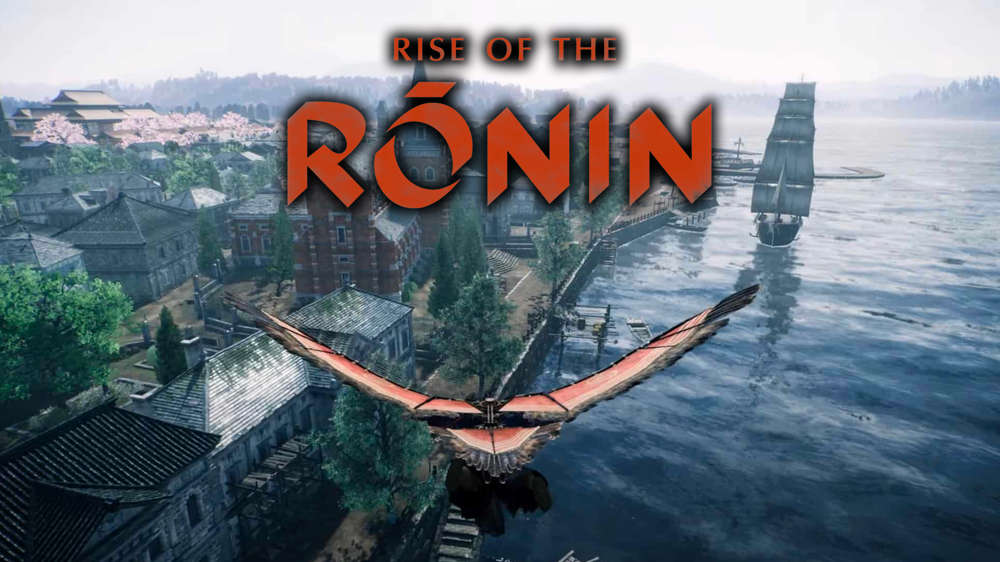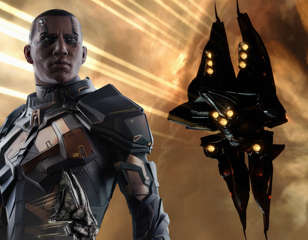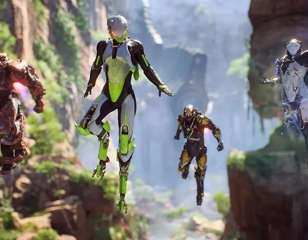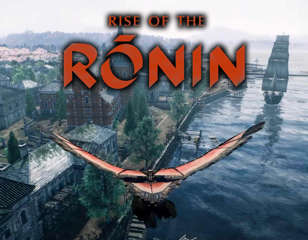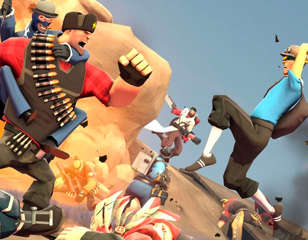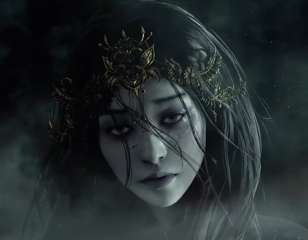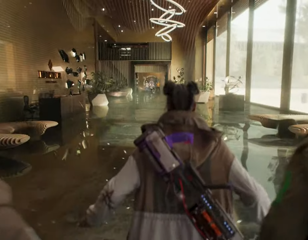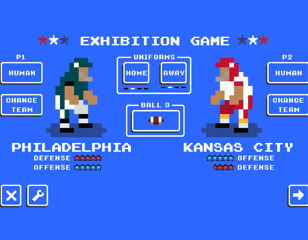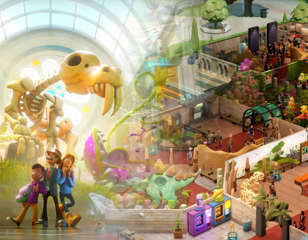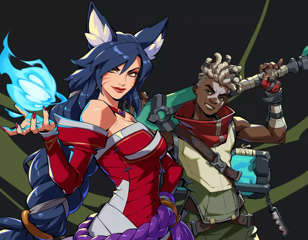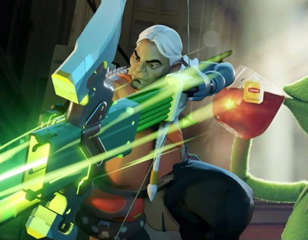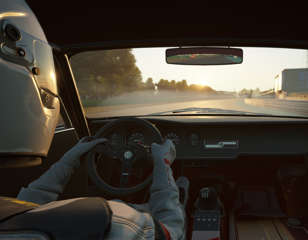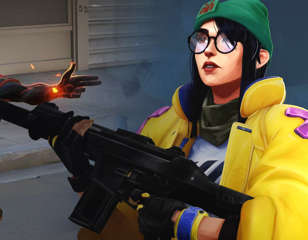Why Dragon Age 2 Is Better Than Origins
We take a deep dive into the Dragon Age series and discuss if Dragon Age 2 deserved the hate it received on launch and if it's actually better than Dragon Age Origins.

Kiera Mills
12th Dec 2022 10:03
Images via BioWare
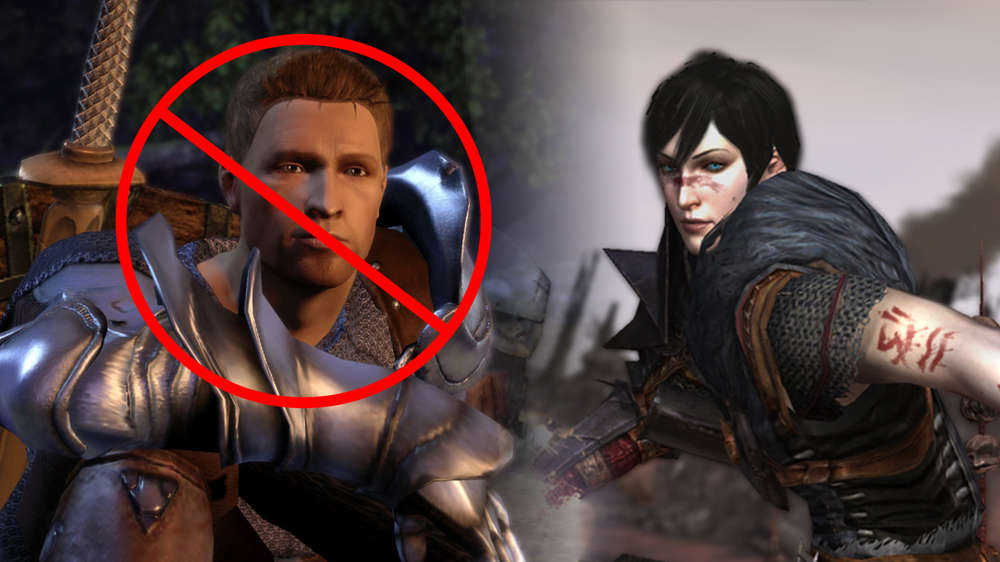
Dragon Age 2 is better than Dragon Age Origins. The dreaded sentence that always springs to my mind whenever anyone asks me for my most controversial opinion on gaming.
Dragon Age 2 was critically crucified when it was released in 2011, but was it justified? Or did everyone simply jump on the hate bandwagon? Join me as we journey through the release of Dragon Age 2, compare it to its beloved predecessor Dragon Age Origins and discover if it was an objectively 'bad' game or if it was a victim of hype culture.
- If you're a BioWare fan, be sure to check out everything we know so far about the Dragon Age 4 release date.
Breaking Through The Stranglehold Of Nostalgia

I came to the Dragon Age franchise fairly late, around 2018. Coming from humble beginnings, I missed out on the PS3/Xbox 360 era because my family couldn't afford consoles or games.
This led to a revolution when I got my first PC aged 16, a gift from my brother who had won a few quid on the football- cheers Ryan! I also received Skyrim for PC on my birthday and promptly embarked on a life-long love of RPGs, which of course, ultimately led me to the gates of BioWare. In its heyday, BioWare masterminded some of the best RPGs of all time, including the Mass Effect series and Dragon Age Origins.
Coming to the series late gave me a unique perspective that not many players may have had. I had zero expectations of the franchise and knew little about it, except that Origins was rated highly among fans and for some reason, its sequel was not. I decided to give both titles a fair trial and be as unbiased as possible.
Dragon Age Origins surprised me. Despite the now outdated graphics and clunky turn-based combat system, I found the characters charming. In all honestly, when playing RPGs, the only thing I care about is the writing and how attached I feel to the characters. I feel, however, that Dragon Age Origins receives an abnormal amount of credit since most shroud the game in nostalgia.
For many, Origins was the first BioWare game they played, or in fact, the first RPG they played. I am guilty of doing this myself – no matter how many times Skyrim gets released and re-released, I will play it and enjoy it regardless.
As soon as I hear the first thunderous drumbeats of the Dragonborn theme, I wish to play it all over again. I think this stems from the disillusionment most of us feel as adults. Let's face it – being an adult sucks – and to have the chance to relive our childhood and regain the feelings we had when we first played that one game we truly loved is a special feeling.
Tropes Galore

Objectively, given the time they were released, both Dragon Age Origins and Dragon Age 2 were trope-riddled games, but that's okay. Tropes exist for a reason and high-fantasy tropes can be delightfully fun. As the title would suggest, Dragon Age Origins opened the game depending on which character origin you chose.
Depending on whether you chose the Dalish elf background, the city elf, human noble, dwarf noble, dwarf commoner, or mage, each origin story did a fantastic job of world-building. Some of the characters introduced were also featured again in major plot points of the game, such as choosing which dwarf would succeed to the throne, Harrowmont or Bhelen.
Whichever origin you chose mostly amounted to the same tropes of the main character being wronged and forced to leave home and join the Grey Wardens. The protagonist of Dragon Age 2 was Hawke. A refugee and former noble who was forced from their lands by the darkspawn. Hawke was ultimately a flawed character, especially if you played as badly as me and made questionable choices.
But I loved her for this, she was charming, cheesy, strong, and a bit of an idiot. With added dialogue options you were able to give her more personality. I chose sarcastic responses at every available opportunity, making my Hawke something of a lovable annoyance. Added dialogue options like this made the game have that BioWare spark, where interactions amongst characters felt more meaningful and personal.
I think that most people felt underwhelmed by the plot of Dragon Age 2 and slighted that they didn’t receive the same free choice of choosing a race and background to their liking. This is completely understandable but wasn't a deal-breaker for me. Narrowing the type of background you could choose in the sequel allowed the game to establish a history of the character of Hawke and their household. They had roots in Kirkwall and an established reason for being involved in the city.
Although the plot of Dragon Age 2 may seem smaller in scope than Origins, it also gave great world-building moments and showed that a game doesn't need the trope of 'saving the world' to make it thought-provoking and enjoyable.
Dragon Age 2 delved deeper into the rifts between Templars and Mages and set the groundwork for a war between the two factions. Simply put, the narrative of the next game in the franchise, Dragon Age Inquisition, could not have happened without Dragon Age 2 first establishing the lore and future storylines.
Characters Can Make Or Break A BioWare Game

Fans can all agree that Origins has some truly fantastic characters, and many of us rejoiced at seeing them return in later instalments to the franchise. However, despite the odd line of dialogue and campfire chats, the characters didn’t interact with each other that much and felt like they were only there because of the Grey Warden, without much else tying them together.
Dragon Age 2 felt more realistic in this aspect, as characters would hang out with each other without Hawke present and would have established reasons for wanting to keep Kirkwall safe. That's not to mention Isabela, easily the most charming and interesting party member of the sequel, with Varric being a close second.
Isabela introduced us to the region of Rivain and remains one of the most memorable characters of the franchise along with Morrigan of course, who doesn't want to team up with a renegade pirate queen? Dragon Age 2 also continues lore set out by Origins, such as that of Flemeth the Witch of The Wilds.
Regardless of if you chose to kill her in Origins, her appearance in the sequel was a welcome one. As one of the most intriguing characters of the franchise, she has a long and mysterious past. Having more of her story unveiled could only have been a good thing and her dramatic entrance into the story was superb.
The Crux Of The Matter

The main issue that fans had at the time of release was that the third act of Dragon Age 2 felt rushed. It is widely known that BioWare was rushed into an early release date, they released the game just 16 months after Origins. Meanwhile, Dragon Age: Origins was developed over five years.
Crunch culture being what it is, can be devastating to developers and put a real hindrance to creative talent and the mental health of workers. This isn't the only example of crunch culture having a presence across BioWare studios, with Mass Effect Andromeda having a notoriously buggy launch due to a rushed release.
In this, I agree that Dragon Age 2 needed more time. The beginning of the game is completely different to the pacing of the final act. This is a great shame, as the story was so promising and deserved better execution. Considering the work done in that short time, though, is something to be celebrated. Dragon Age 2 was able to offer complex characters with real issues in a world that continued to charm new and old players alike.
If you're a die-hard Origins fan, I don’t doubt you'll disagree. But that’s the joy of games, whether they resonated with you or not, they always offer something to debate on.
- If you're a BioWare fan, be sure to check out our article on the rumours of Henry Cavill becoming involved in a potential Mass Effect series.

About The Author
Kiera Mills
Kiera is a former GGRecon Guides Writer.
